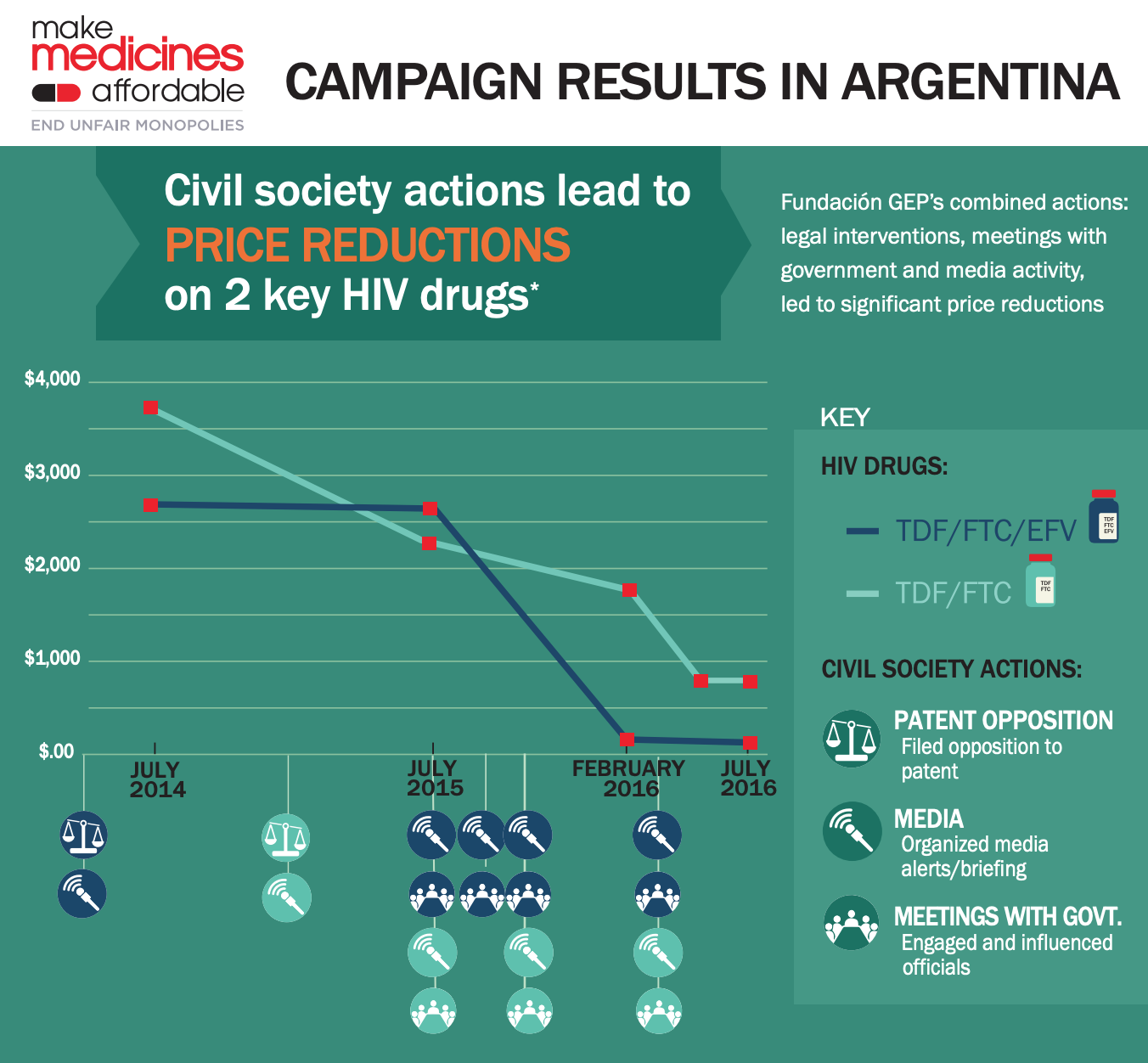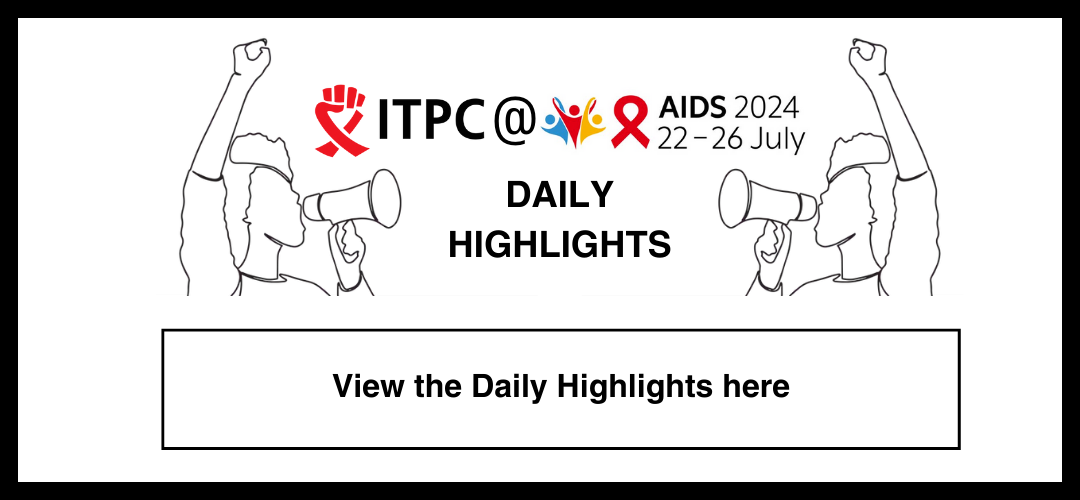By 2020, the vast majority of people living with HIV (87%) will be in high- and middle-income countries. People living with HIV in middle-income countries suffer a twofold barrier to affordable treatment: because of their World Bank income classification, these countries are not eligible for most international development funding, and drug companies exclude middle-income countries from voluntary licenses that make the drugs cheaper.
Since 2015, ITPC has led a consortium of legal experts and national organizations working to remove intellectual property (IP)-related barriers to HIV treatment in middle-income countries. In 2018, the consortium, which operates under the campaign Make Medicines Affordable, was expanded from four countries to 17 thanks to renewed investment from UNITAID.

To make antiretroviral drugs more affordable, our strategy is to remove intellectual property barriers to market competition, thereby enabling generic drugs competition that decreases prices and allows more people to access treatment. We do this by supporting patent law reform, challenging unmerited patents (which promotes healthy market competition), and advocating for the use of Trade-Related Aspects of Intellectual Property (TRIPS) flexibilities – such as compulsory licensing. We use targeted legal interventions, policy dialogue, and law and policy reform strategies.
When comparing the latest antiretroviral prices with prices before our interventions, and considering the number of people currently on treatment, our work has secured a combined projected annualized savings of US$472 million in the first four focus countries (Argentina, Brazil, Thailand, and Ukraine).
Support from Aidsfonds has enabled us to broaden out our work with nine new regional and national organizations working on similar strategies to reduce the price of antiretroviral drugs.
Since it’s original conception as a project campaign, Make Medicines Affordable has grown and is now a global strategic pillar under which all of ITPC’s work on intellectual property and access to medicines is housed.
Learn more about Make Medicines Affordable and our other work in this area.

